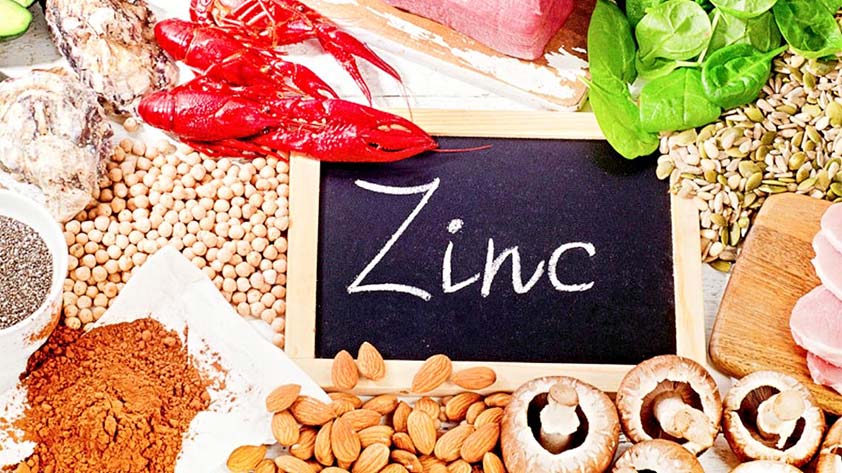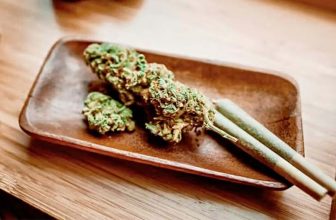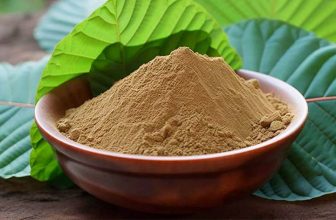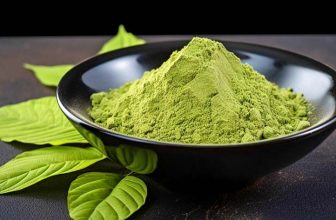
There are many different vitamins and minerals that humans can become deficient in, and vegans and vegetarians are often thought to be at a higher risk of deficiencies. When I became vegan I expected that I would have to take B12 supplements but I was also told to take a zinc (Zn) supplement. I didn’t know anything about zinc, and being unsure if I wanted to take another supplement, I decided to learn more about it and if there were any good plant sources. If you have been wondering the same thing then this article will offer some guidance, join me for Zinc Deficiency: What is it & How Can I Avoid it?
What is Zinc & Why is it Important?
Zinc is an essential mineral, involved in many processes in the body. It is an antioxidant, so neutralises the effect of free radicals, which protects us from cancer. It supports healthy growth and the development of children and teenagers, as well as being important during pregnancy. Zinc also has a role in immune system health.
Zinc deficiency can present in a variety of ways, which reflect all of these different roles within the body. A mild case will typically present with poor appetite, lethargy, and delayed healing. Moderate cases may involve some immune impairment, low libido, altered sense of taste and smell, and even hair loss. In children, symptoms can also include reduced growth and delayed puberty.
Most of these symptoms are not life-threatening, so people often live with a zinc deficiency for years before realising there is even an issue. Severe cases do occur but are rare, and are usually only present if there is an underlying illness.
How Can You Avoid Becoming Zinc Deficient?
The recommended daily intake of zinc in the UK is 9.5mg for men and 7mg for women. Zinc isn’t made by the body so a daily dose is desirable to maintain healthy levels. Of course, meats, eggs and cheeses do contain zinc but for the vegans and vegetarians out there have no fear – there are also many plants which are high in zinc.
These include beans, peas, wholegrains and seeds. Amazingly, dark chocolate is a great source too, and there are also several fortified cereals. These foods are staples for many already, and you might have already eaten some of them today.
Inadequate intake in the diet is a major risk factor for becoming deficient, but it is not the only factor; some chronic diseases such as diabetes or kidney disease can increase your risk. If you are worried about being deficient then it is always best to speak to your doctor. However, there are some really positive changes you can make to your diet by eating more of these plant foods.
There are so many exciting ways to incorporate these high-zinc foods into your diet. I am happy to be making the effort to eat some of these foods everyday, for example with an extra handful of seeds at breakfast. Having said that, if you prefer taking supplements then that is absolutely fine too.









